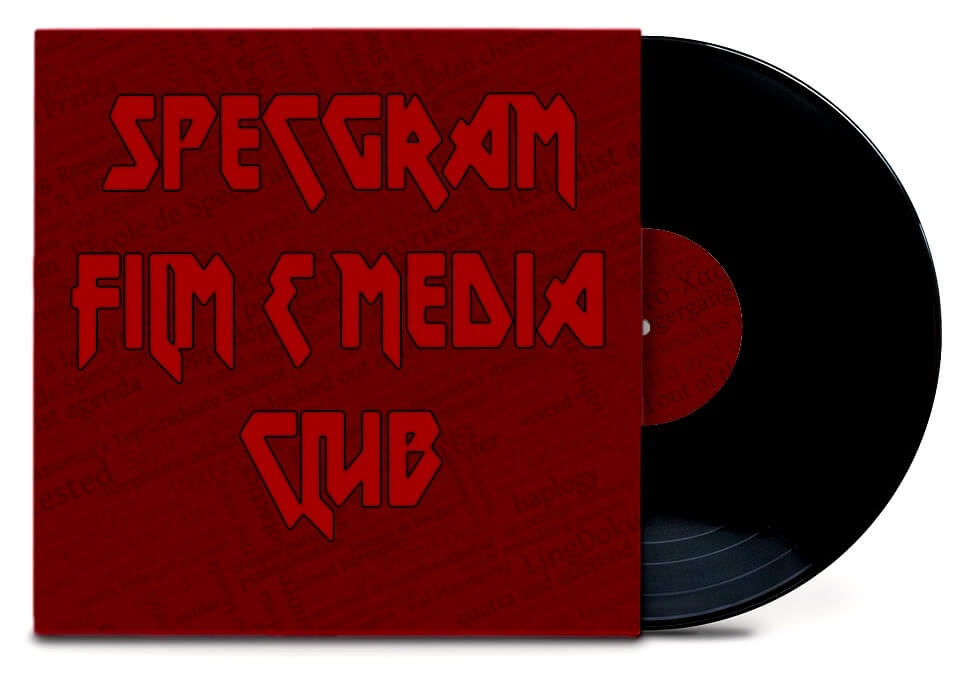



‘If you wanna be my lover, you gotta get with my friends’ is among the most iconic lines of the 90s, up there with Hanson’s mighty ‘Mmmbop ba dupi dop, ba doo bop’ and, Whigfield’s celestial ‘Da ba da dan, dee dee dee da nee na na na’. And the video for the song to which it belongs, the Spice Girls’ debut single, ‘Wannabe’, has been credited with having had a greater impact on take-up in local sports groups than any single Olympics since 1908. But has the world of linguistics yet given this resonant piece of lyrical excellence its due? Let’s take a deeper look.
Of course, few song titles take the form of full conditionals. In a recent review of the uses of conditionals in popular songs from 1963–
The line is also well known among syntacticians for exemplifying the much studied wanna-
If you wanna be my lover, you gotta get with my friendsDo we havta leave so early? We shoulda come in separate cars.
Most disturbingly, however, is the implicit tension between ‘being someone’s lover’ and ‘getting with her / his friends’. There is of course no logical reason why this should be the case: it’s perfectly possible to enjoy a romantic liaison with someone and never meet any of their friends. (I, for example, have met very few of Mrs McManus’ sister Elizabeth’s friends, and certainly not at the Imperial Motel at 3:00pm on the the first Tuesday of the month.) The song fails to explore this possibility and must be judged negatively for it. Smythson-
If you wanna be my lover, you gotta get with my friendsI personally hold the view that, oh baby babyOne can really get to see the authentic selvesOooooooooooooooh, yeahOf an individual to whom one feels attractedIf you wanna, if you wanna, if you wanna, gotta wannaBy socialising with them in a relaxed, informal but group setting, such as with friends
Nevertheless, despite these shortcomings, we can all agree that the line, the song, the group itself and its legacy have shaped linguistic theory in ways that few pop cultural products of the 90s have.
See you next time at the SpecGram Film and Media Club!